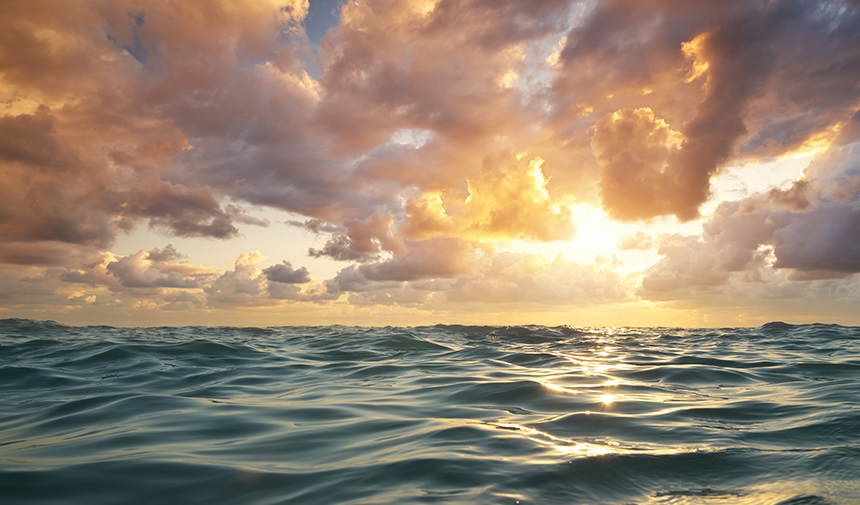Geology and marine sciences deal with the exploration of the oceans and seafloor, one of the most mysterious and fascinating regions of the Earth.
The seas are one of the largest and least known areas of our world. The oceans hold many secrets that humanity has yet to fully explore. Geologists and marine scientists are working hard to understand the geological processes deep in the oceans and the formation of the seafloor.
The exploration of the seafloor offers scientists the opportunity to better understand the geological structure of the Earth. The ocean floor contains a variety of geological formations such as volcanic mountains, hot springs, earthquake zones and tectonic plates. These formations provide important clues for understanding Earth’s geological evolution and predicting future natural disasters.
In addition, the exploration of the seafloor is important for understanding biodiversity. The oceans are home to many different life forms and unique ecosystems exist on the seafloor. Deep-sea creatures have special adaptations that have adapted to extreme conditions and have unique characteristics that intrigue scientists.
Advances in geology and marine sciences enable humanity to better understand Earth’s geological and biological processes. This knowledge can be useful in fields as diverse as environmental protection, prediction of natural disasters and management of geological resources.
However, seafloor exploration also faces many challenges. The depths of the oceans create an inaccessible and dangerous environment for humans. Furthermore, deep-sea exploration is costly and time-consuming and therefore must be carried out with limited resources.
As a result, geology and marine science is an exciting and important field of research that deals with the exploration of the oceans and seafloor. These discoveries can contribute to our efforts to understand Earth’s geological and biological processes and leave a healthier planet for future generations.



